ABOUT THE AUTHOR
Although Madeline Sharples loved poetry and creative writing as a young girl, she took a more practical career path by studying journalism and working as a grant writing, editor and technical writer. She co-authored a book about women in nontraditional professions called Blue-Collar Women: Trailblazing Women Take on Men-Only Jobs (New Horizon Press, 1994) and co-edited the poetry anthology, The Great American Poetry Show, Volumes 1 (Muse Media, 2004) and 2 (August 2010). Her poetry has been published by many publications including two photography books, The Emerging Goddess and Intimacy (Paul Blieden, photographer).
Madeline turned to another type of writing, memoir, as she grappled with her older son’s bipolar disorder and subsequent suicide. She and her husband of 40 years live in Manhattan Beach, California, a small beach community south of Los Angeles. Her younger son Ben lives in Santa Monica, California with his bride Marissa.
Just Thought You Should Know:
More than 30,000 Americans commit suicide each year, most leaving behind grieving families. Teenagers make up 5,000 of this group.
You can visit Madeline Sharples at her websites:
http://madeline40.blogspot.com/
www.madelinesharples.com
GUEST POST
Using Memoir Writing to Deal with Grief
I signed up for a writing class three months after my son Paul’s death. We sat in the instructor’s living room on couches and big easy chairs in a comfortable and forgiving atmosphere. Each week the instructor told us to write a journal entry. He didn’t specify a subject. This was a beginner’s class. All he wanted us to do was learn to “write like you talk,” and to write in a voice that came from deep within our bellies. And then we’d come back the next week and read to the group what we had written.
At first I was afraid to put my grief out there in my writing. When I apologized for writing about the same subject matter in my assigned journal entries over and over, my instructor, Jack, said, “It took Dostoyevsky five hundred pages to write Crime and Punishment, you have a long way to go.”
With that I felt empowered me to write about Paul and how I felt about his death and the pain of losing him. And I still feel empowered to do it.
After several years of patiently listening to my material, Jack and the rest of the class encouraged me to put my story into a book. They felt certain there were people who needed to know it.
And then a goal to put my material into a memoir started to formulate: I thought if I could tell my story in the most truthful and realistic terms possible, I could help other parents with children with bipolar disorder that in many cases results in their suicide. Otherwise I felt it wouldn’t be useful to anyone – including me.
And so I kept writing my journal entries – not only for class, not only to comfort myself, but also to emerge into a memoir. I also wrote poems. Poetry just seemed to come spontaneously. Poetry seemed to be the only way I could really express my emotions. And when the time came for me to put my material into a book I organized it in the order of the poems in my poetry manuscript.
Writing was my therapy. I was turned off by traditional therapy after my first meeting with someone who hadn’t experienced the death of a child. I couldn’t imagine how that person could help me. And I didn’t turn to self-help books either. Along with working and working out, I found my way by writing every day. It became a habit and a huge help in getting myself out of the mire after my son’s death and the tragedy that had hit my family.
ABOUT THE BOOK
Leaving the Hall Light On is about living after loss. It's about finding peace and balance and various ways the author, Madeline Sharples, finds to bring herself together after feeling so helpless and out of control during her son Paul's 7-year struggle with bipolar disease and after his suicide in September 1999.
Sharples explains: "I write about the steps I took in living with the loss of my son, including making use of diversions to help me forget. Leaving the Hall Light On is also about the milestones I met toward living a full life without him: packing and giving away his clothes, demolishing and redoing the scene of his death, cataloging and packing away all his records and books, copying all of his original music compositions onto CDs, digitizing all of our family photos, and gutting his room and turning it into my office and sanctuary with a bay window that looks out toward a lush garden and a bubbling water fountain."
THANKS TO ROBYN FROM WOW, I HAVE ONE (1)
EBOOK EDITION OF THIS MEMOIR TO GIVE AWAY.
CLICK HERE TO BRING YOU TO
THE GIVEAWAY ENTRY PAGE.
DISCLAIMER
Giveaway copies are supplied and shipped to winners
via publisher, agent and/or author. This blog hosts
the giveaway on behalf of the above.
No items that I receive
are ever sold...they are kept by me,
or given to family and/or friends.







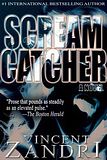


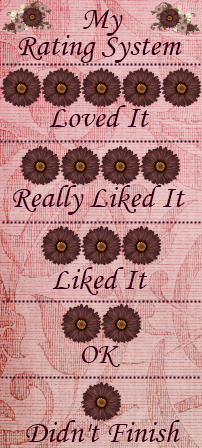













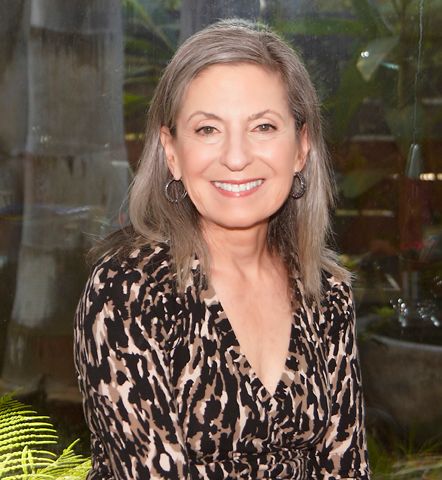
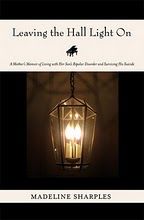




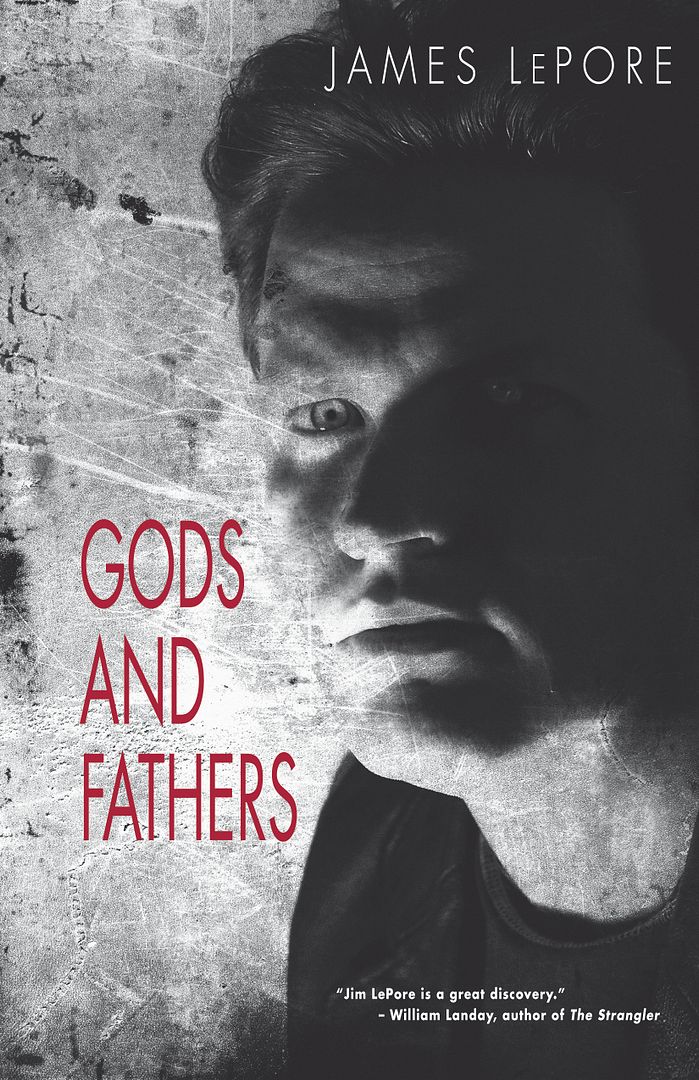
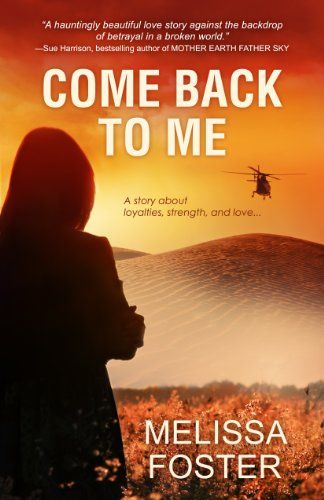


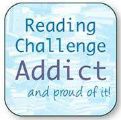























2 comments:
Dear Cheryl,
Thank you for the rousing introduction and the beautiful presentation of my post and book. I am beyond thrilled to be here as well. I'll keep stopping by to respond to comments, and now that I'm one of your followers, I expect to be back again and again. Best, Madeline
Ms Sharples:
Thank you for taking time out of your busy schedule to stop by and visit. I look forward to reading your inspirational memoir. As a mother of 2 young men, I can't even imagine the journey that you have been on. My utmost respect.
Post a Comment